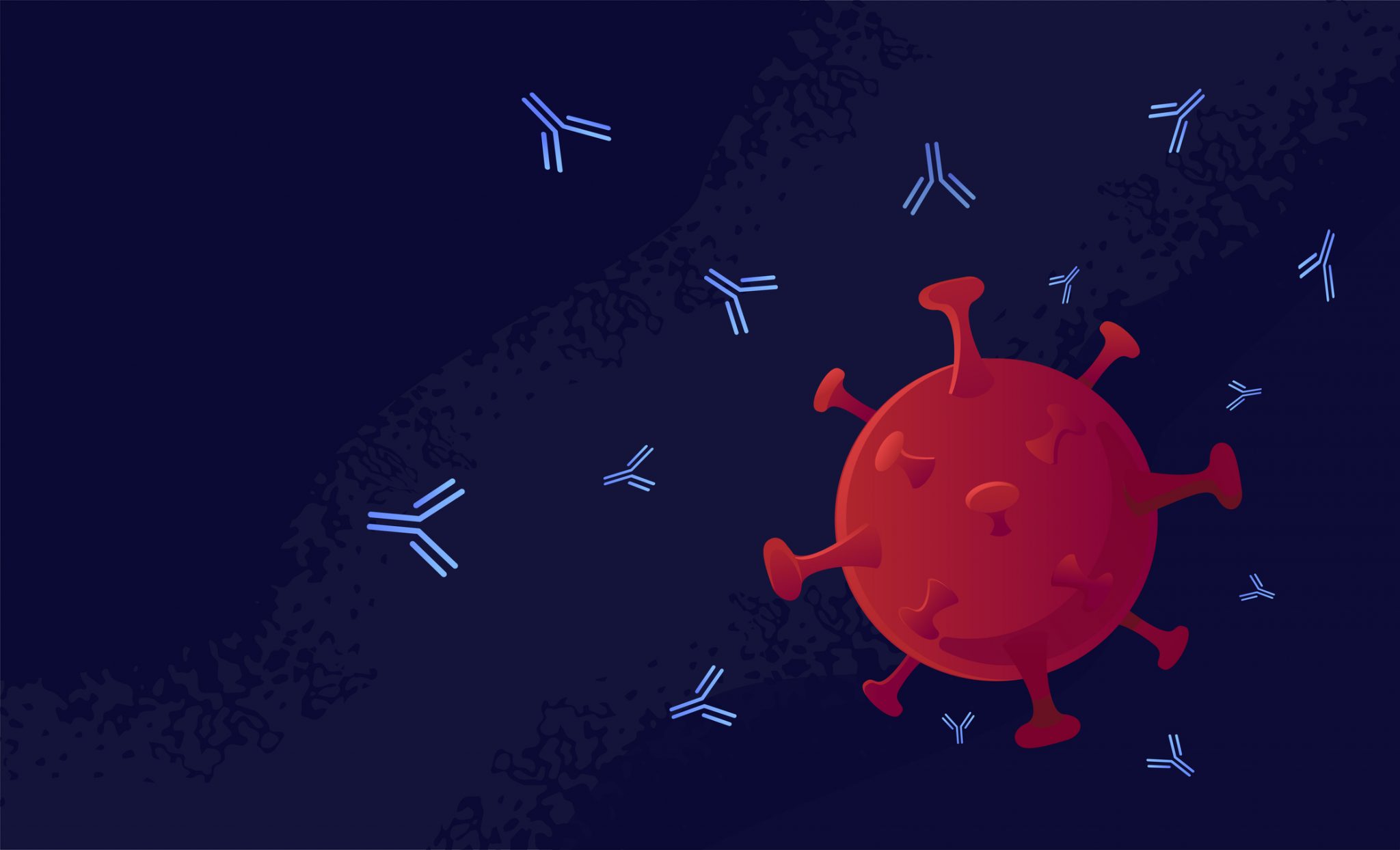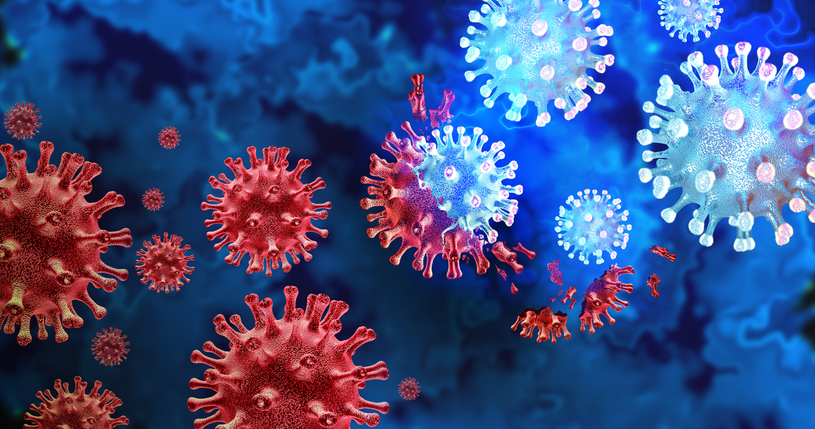What is MAB Therapy for COVID-19?
FEB 16, 2022As we all are aware, the COVID-19 disease pandemic still exists today. Thankfully, we have monoclonal antibody therapy (MAB) as ...
Read More
There has been a lot of talk recently about COVID-19 vaccinations and the end of the pandemic. But how does this really work? How do vaccines help with this?
If a person receives a vaccine, and the vaccine is effective, they are generally protected (at least for a time) from becoming ill with that infection. We’re used to getting vaccines all the time: flu vaccines in the fall, tetanus vaccines every few years or after an injury, and childhood vaccines against a bunch of different infections. While these vaccines will help protect the person getting the vaccine, they will also usually help protect those who have not been vaccinated.
For something like tetanus, which you can get from the old rusty metal injury, one person having the vaccine will not help somebody else. If the person with the injury has the vaccine, they should be good. If they have not had the vaccine, they are at risk of tetanus. Infections that spread from person-to-person, however, are different.
For an infection that passes from person-to-person, vaccines can help protect others in the community. This is called "herd immunity." In order for the infections to continue to exist, they have to have people to infect. If each person who is infected ends up infecting one other person, the level of disease in the community is stable. If each infected person (on average) ends up infecting more than one person, the amount of sick people in the community increases. And finally, if each infected person ends up infecting less than one person, the disease will eventually go away or to very minimal levels. Obviously, an ill person cannot infect half of another person, but the numbers work out when you’re dealing with many people in the population.
This is where vaccines help. If you have not gotten a vaccine, but you are hanging around with one hundred people who have all gotten the vaccine, they are less likely to be able to get sick and spread the infection to you. So, you end up protected even though you haven’t gotten the vaccine yourself. This is called "herd immunity." It was first recognized in the early 1900s when it was noticed that after many kids in an area had measles, the rate of measles infection went down even in kids who had not become ill. While this natural infection helped, there wasn’t a huge reduction in the rate of measles until mass vaccinations began for measles in the 1960s. Currently, because of vaccination, almost all of the measles cases in the United States are either in travelers from overseas or in groups of people who have not received vaccination. Unlike the large spread of measles before widespread vaccination, current outbreaks tend to be relatively small and tend to burn out pretty quickly.
It is hoped that COVID-19 will act the same way. If many people in the country are immune to the disease, there will be fewer people who can be infected and spread will really slow down. But enough people need to be vaccinated in order for this to work. The problem is that the more contagious an infection is, the more people overall need to be vaccinated in order to reach the level of true herd immunity. How many people need to be vaccinated or immune from natural infection for this to work? That’s where there are many questions.
COVID-19 is showing some of this as well. Unfortunately, since the Delta Variant is more transmissible than the earlier version, and those who have been vaccinated can still be infected and transmit infection (although seemingly less so than unvaccinated folk), it is not likely that COVID-19 will approach what has happened with measles, occurring only in unvaccinated people. However, the overall amount of infections and hospitalized people can decrease a lot if enough people are vaccinated. Looking at data around the country, places that have higher population vaccination rates tend to have lower amounts of people in the hospital. So even though vaccination is not likely to make COVID-19 go completely away, high vaccination rates can really decrease the amount of infection around, and the number of people sick enough to end up in the hospital.
In general, they are considered very safe. There are a variety of claims out there about an enormous amount of reactions to the vaccines. While having a reaction such as fever, fatigue, or sore arm are common, and just a sign of your immune system doing its job and learning how to respond to the virus. Severe reactions are not very common at all from the vaccines. Although originally available under what is called an Emergency Use Authorization (EUA), the vaccine made by Pfizer-BioNTech has received full FDA approval, and at the time of this writing the vaccines made by Moderna and Janssen (Johnson-and-Johnson) are being considered for full
approval at the time of this writing. For my opinion on vaccine safety, I will mention that I received the Moderna vaccine as part of its clinical trial (late summer of 2020) along with a Moderna booster this spring as part of a trial; my wife has received Pfizer vaccine series and booster because of her job, my 19 year-old daughter received the Moderna vaccine series, and my 14 year-old son received the Pfizer vaccine series. I felt that they were safe enough for me and for my family after looking at the information available.
Having questions about a vaccine that was developed faster than any other in history is reasonable and fair. My advice on this: ask your primary health provider any questions that you have about your health and vaccine. I realize that this is a blog post, which makes the following statement somewhat ironic: don’t necessarily believe what you read on the internet, or Facebook, or twitter, or Instagram, or whatever platform of your choice when it comes to your health. If you have questions, talk to your health provider so that you can decide what is best for you.

As we all are aware, the COVID-19 disease pandemic still exists today. Thankfully, we have monoclonal antibody therapy (MAB) as ...
Read More
As COVID-19 evolves and persists in our communities, the conversation continues every day in homes, workplaces, and the media concerning ...
Read More
In January 2020, the World Health Organization announced that there was a mysterious Coronavirus- related illness that had first been ...
Read MoreWhen you need local health information from a trusted source, turn to the CHI Health Better You eNewsletter.